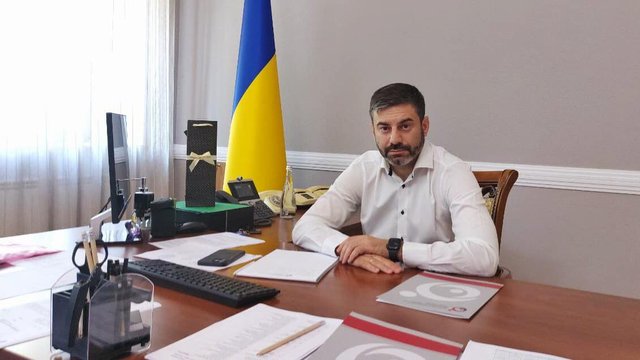150 Ukrainians held in colony in Olenivka, not only servicemen – commissioner

Russian occupiers are pressuring detained Ukrainians to refuse to return to Ukrainian government-controlled territory, Verkhovna Rada Commissioner for Human Rights Dmytro Lubinets has said.
"We are often provided with information that this or that citizen or citizen of Ukraine does not want to return. We are now developing a variant of how I can personally check this. As one of the options, when I am personally present, and Ukrainian citizens tell me that they I see everything else as possible pressure on our citizens not to return," Lubinets told Radio Liberty published on Sunday.
"Personally, I was present during one of the exchanges. Six women initially refused to return to Ukraine. I said that I would believe in it only when they personally told me about it. My communication was organized here. Of the six women, four are women after talking with me, they returned to Ukraine. In fact, there is just psychological pressure somewhere, manipulation somewhere," he said.
The ombudsman said the invaders did not allow him or other representatives of Ukraine to the Ukrainians held in a colony in the occupied Olenivka, Donetsk region. At the same time, according to him, 150 citizens of Ukraine, including civilians, are kept there.
"We are not allowed there again. Apparently, we will get access to Olenivka only after our Armed Forces liberate Olenivka. According to our information, 150 citizens of Ukraine are currently left there. These are not only the military," Lubinets said.
When asked about the possibility of exchanging representatives of the Ukrainian Orthodox Church (Moscow Patriarchate) for Ukrainians held in Russia, he replied that he did not want to aggravate the issue precisely on representatives as a church.
"I can say that any citizen of Russia who is of interest to the Russian authorities, we are ready to consider any options for returning them to the territory of Russia to return our heroes. We can only change prisoners of war. We can only release civilians within, perhaps, some kind of mutual obligations or, for example, after being convicted, send them to the territory of the Russian Federation to serve their sentences. It is very important for us, firstly, to find legal grounds. And we have them. There are different options. And secondly: yes, we are ready to do it," Lubinets said.








